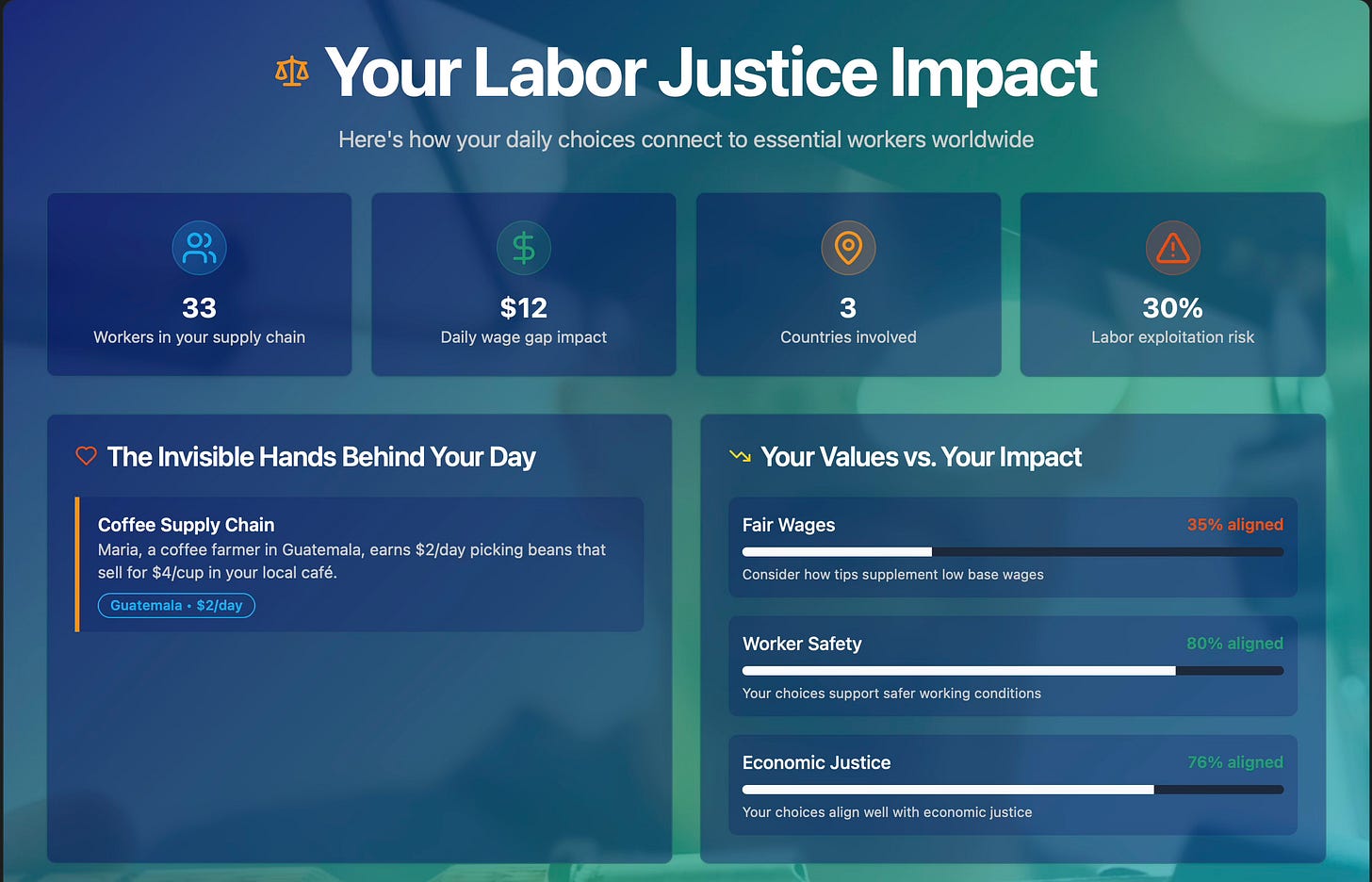Quest 3: Labor, Democracy, and the Cost of “Essential Work”
You make a sister act out (Act out) / You 'bout to hear my big mouth (Big mouth)
Time: 1 hour
Role: Justice Journalist
Audience: Community group, youth org, or workplace affinity circle
Situation: Every time you read headlines about “essential workers”—from farm laborers to delivery drivers to nurses—it’s clear that our country still depends on the people who do the hardest work for the lowest pay, many of them Black, brown, and immigrant. When the COVID-19 pandemic hit, millions of “essential workers” were praised publicly, yet rarely protected or paid what their labor was worth. Even now, many are blocked from voting, denied basic workplace rights, and targeted by voter suppression laws or anti-union efforts.
But this isn’t new. In Chapter 1, Du Bois writes, “Black labor became the foundation stone not only of the Southern social structure, but of Northern manufacture and commerce, of the English factory system, of European commerce, of buying and selling on a world-wide scale; new cities were built on the results of black labor, and a new labor problem, involving all white labor, arose both in Europe and America.” He traces how, after centuries of being exploited as “property,” Black people’s very right to participate in democracy—through schools and voting—became a battleground.
As a Justice Journalist, your mission is to connect Du Bois’s analysis to today’s “essential worker” debates. How are the myths about Black labor and political power recycled in current conversations about voting rights, minimum wage, or workplace protections? Where do you see echoes of the past in today’s struggles for democracy and justice at work? Are your local “essential workers” treated as vital to democracy, or as disposable?
Product: Use the labor justice calculator in the 228 Accelerator Learning Studio to track your daily life—food, clothes, services—and show the invisible hands (and working conditions) behind each product or service you use. This tool reveals how many “essential workers” touch their lives, where these workers are underpaid/exploited, and how that lines up (or clashes) with their stated values on justice, fair pay, and equity.



